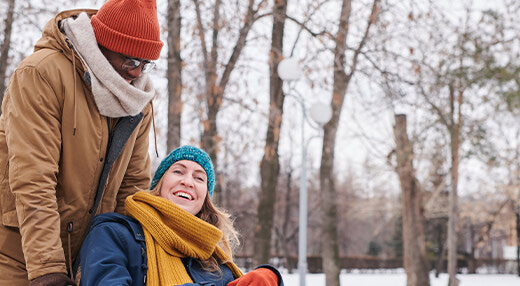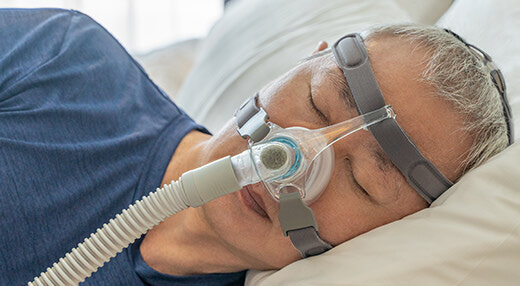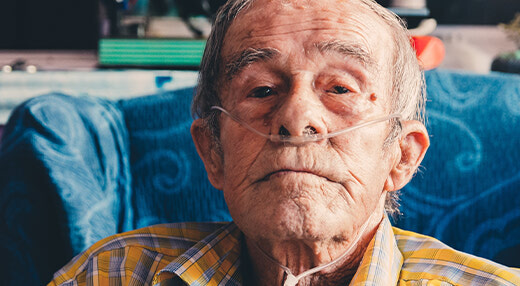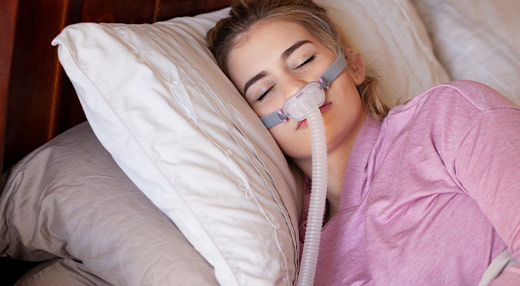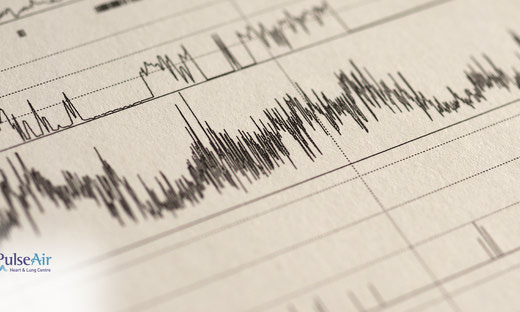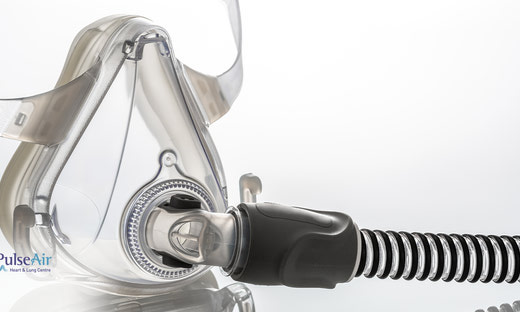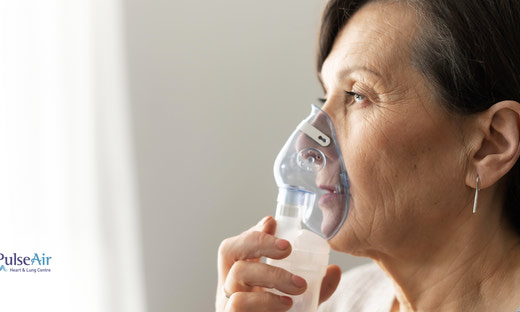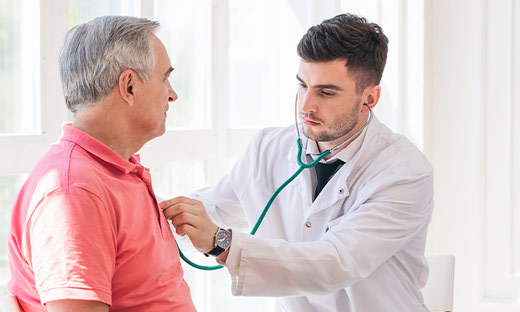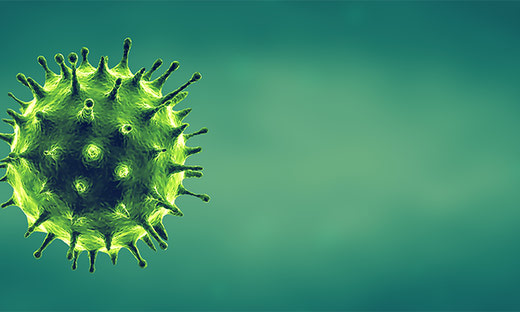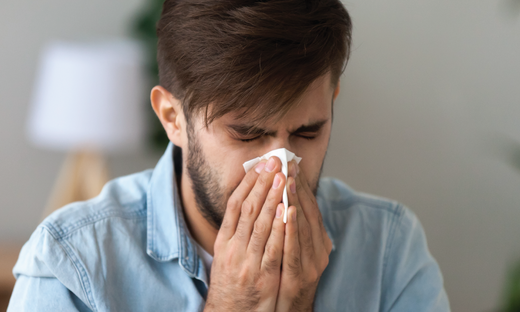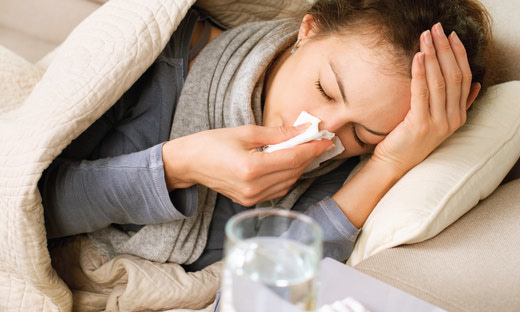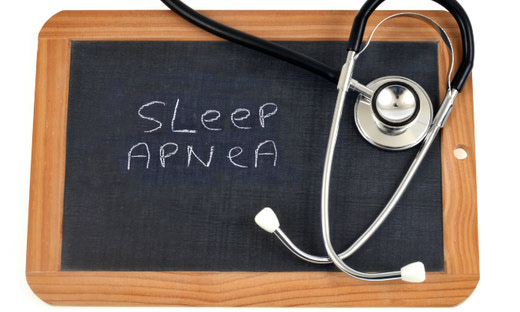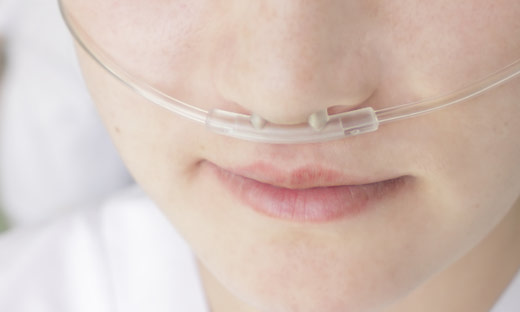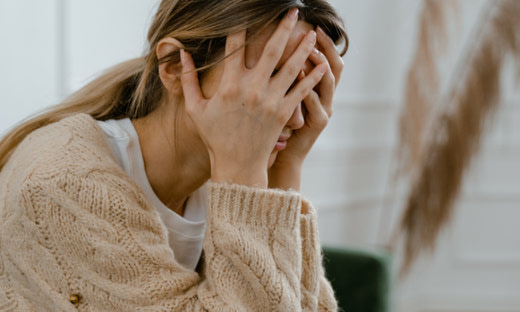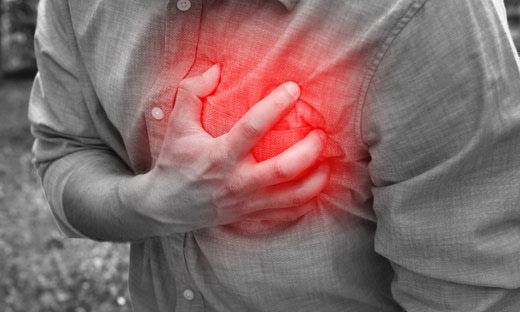Blog & Information Resource for Respiratory, Sleep and Cardiac Services
As the new year begins, there's no better time to prioritize our respiratory health and embrace the rejuvenating power of the great outdoors.
Sleep apnea is a common sleep disorder that affects millions of people worldwide. It can lead to poor quality of sleep, daytime fatigue, and a range of associated health issues.
Living with home oxygen can bring many challenges. If you or a loved one rely on oxygen therapy due to a chronic respiratory condition, adjusting to this new reality can be emotionally and socially challenging.
If you're preparing for a Pulmonary Function Test (PFT), understanding the potential outcomes can be helpful. PFTs are diagnostic tests that measure how well your lungs work.
Sleep apnea is a common sleep disorder that affects millions of people worldwide, yet it remains widely misunderstood.
Sleep is essential for our physical and mental well-being. It's during those precious hours of slumber that our bodies repair, rejuvenate, and prepare for the day ahead.
The holiday season often brings a bounty of delicious treats. For those with cardiac conditions, it's essential to maintain a heart-healthy diet while still enjoying festive meals and gatherings.
Have you or a loved one been experiencing sleep-related issues including daytime sleepiness, morning headaches, and dry mouth? These issues could be related to a sleep disorder like sleep apnea.
Sleep apnea is an extremely common sleep disorder that affects your quality of sleep and your overall health. If you have recently been diagnosed with sleep apnea, you may not know all available treatment options.
Oxygen therapy provides a plethora of benefits for individuals with chronic respiratory conditions. With the many benefits that it provides, patients sometimes run into challenges with home oxygen therapy.
For those experiencing symptoms of respiratory conditions, a respiratory consultation may be needed. Respiratory consultations can help you find the right diagnosis and treatment plan for your respiratory condition.
Our lungs keep our bodies supplied with adequate oxygen, remove waste gases, and support our overall bodily functions. Join us as we explore a few respiratory health tips that will help you strengthen your lungs!
Each season has its own unique set of considerations and concerns about COVID-19 and this fall is no exception.
Struggling with chronic rhinitis and sinusitis in the summertime can be challenging, but with the right management strategies, it is possible to find relief.
Have you been experiencing summer rhinitis symptoms that have you feeling under the weather? It is time to 'bee' proactive and use a nasal rinse to help alleviate your symptoms!
Respiratory syncytial virus, or RSV, is a very common respiratory infection that causes cold-like symptoms that primarily affects infants, young children, and adults with weakened immune systems.
Did you know that there is a strong relationship between your cardiovascular health and brain health? Your heart health and brain health are closely linked, and it is crucial to take care of them both!
For those who are on supplemental oxygen, maintaining physical fitness may seem impossible and discouraging to a lot of home oxygen users. However, incorporating regular exercise into your daily routine is possible and recommended.
Sleep apnea and CPAP therapy are often misunderstood and there are many myths and misconceptions surrounding the topic of sleep apnea.
There are three different types of sleep apnea; obstructive sleep apnea, central sleep apnea, and complex sleep apnea. Understanding the different types and their symptoms will help you recognize symptoms in yourself and loved ones.
In today's blog, we will share with you information about how oxygen therapy and sleep apnea are connected.
Stress and high blood pressure are closely connected, and both can significantly impact your overall well-being. It's crucial to understand the link between the two and learn how to manage them effectively.
Untreated OSA can lead to high blood pressure, cardiovascular problems, and change in cognitive function and mood. Today, we will share with you what OSA therapy is and when it could be time to visit your RT!
In this blog, we will share with you how your heart health and breathing are connected, so continue reading to find out more!


